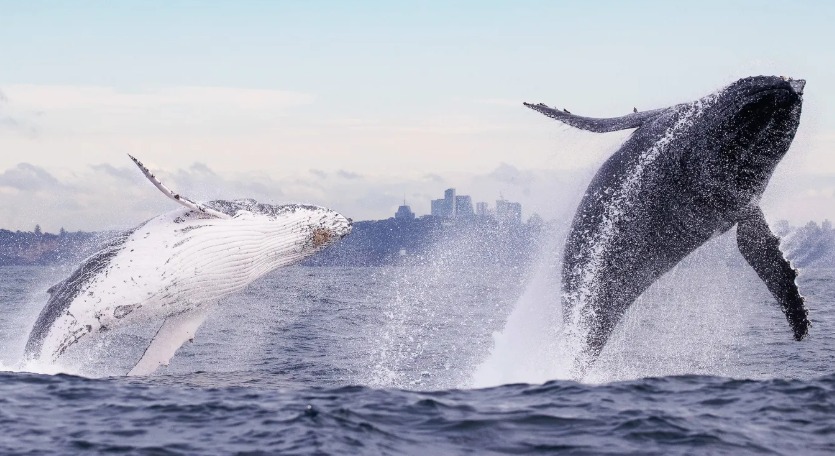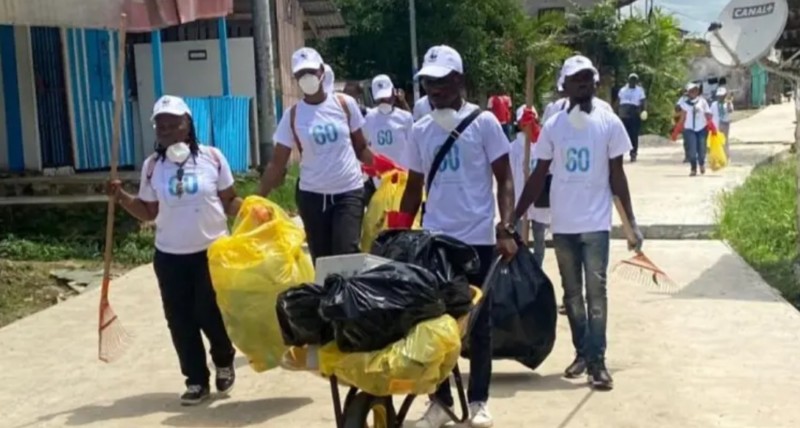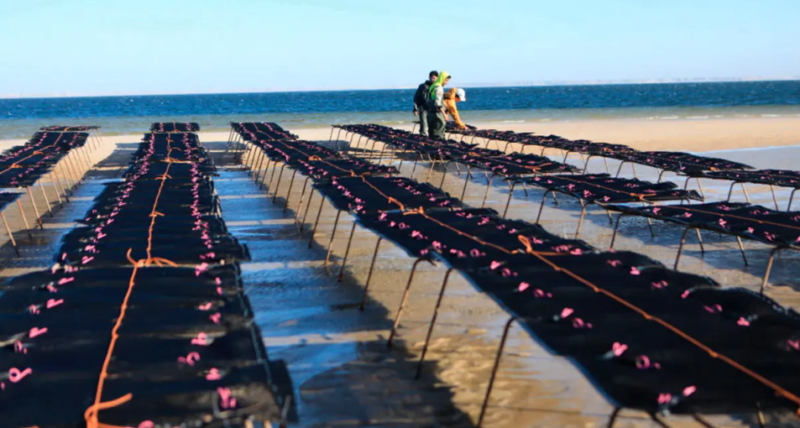Hosting the 5th Summit of the Common Good at the Maison de l’Océan in Paris, Robert Calcagno, Director General of the Oceanographic Institute, Albert I, Prince of Monaco Foundation, reflects on a concept that is essential to the planet’s balance — the blue economy.
Robert Calcagno – Let me remind you that this concept, distinct from the traditional maritime economy (trade, transport, fishing…), encompasses all economic activities that rely on the sea while adopting a sustainable, ecosystem-friendly approach — such as algae farming or marine renewable energies. It was around this very concept that 1,800 participants from more than 100 countries gathered in Monaco on June 7–8 for the Blue Economy & Finance Forum (BEFF), including 20 heads of state — among them French President Emmanuel Macron — as well as government leaders, members of royal families, entrepreneurs, and investors.
Is the private sector really interested in protecting the oceans?
That is precisely our mission: to make it clear that states alone cannot ensure the protection of the ocean. This Forum primarily engaged businesses to move beyond mere diplomatic declarations. We identified €25 billion in existing investments, along with €8.7 billion in new financial commitments by 2030 made during the BEFF. Notably, only €4 billion of that comes from public funds. The event also led to the launch of new initiatives and coalitions, such as Business in Ocean, which brings together 80 companies — including Veolia, Swen Capital Partners, and Engie — all committed to investing in positive ocean solutions and integrating ocean-related risks and opportunities into their development strategies.
How can the blue economy be profitable?
For too long, we’ve remained stuck in a “Neolithic” logic of resource exploitation. Fishing, once meant to feed humanity, has led to the collapse of fish stocks. Aquaculture has grown but remains largely unsustainable, as it still depends on wild fishmeal. We must promote integrated multitrophic aquaculture, where several species coexist within the same cycle — fish, shellfish, algae…
Algae cultivation, in particular, shows strong economic and nutritional potential, already highly developed in Asia. Our goal now is to develop these value chains in Europe and the Americas.
Renewable energy development is, of course, essential — but the deployment of offshore wind farms must respect marine biodiversity, not just areas with the strongest winds. The maritime economy must, above all, be respectful of the ocean.




